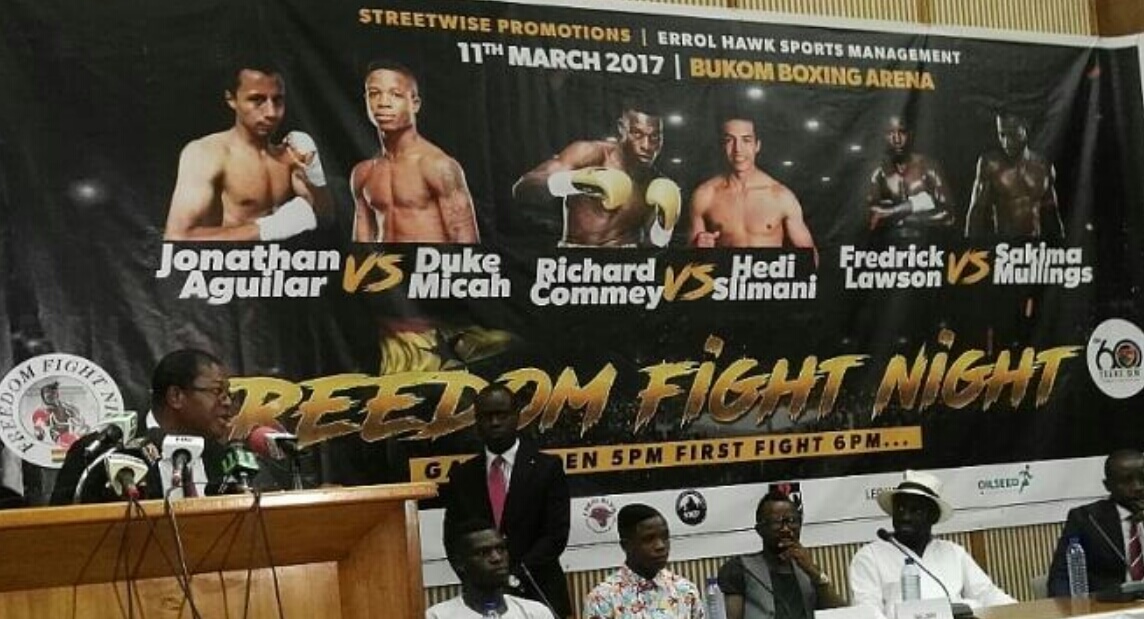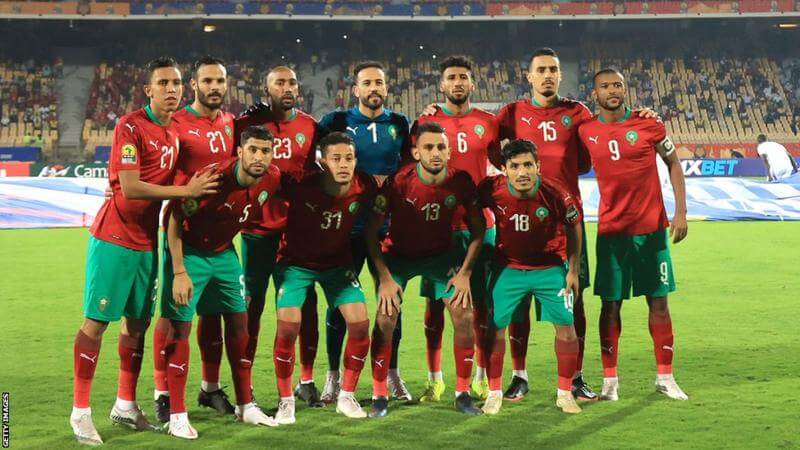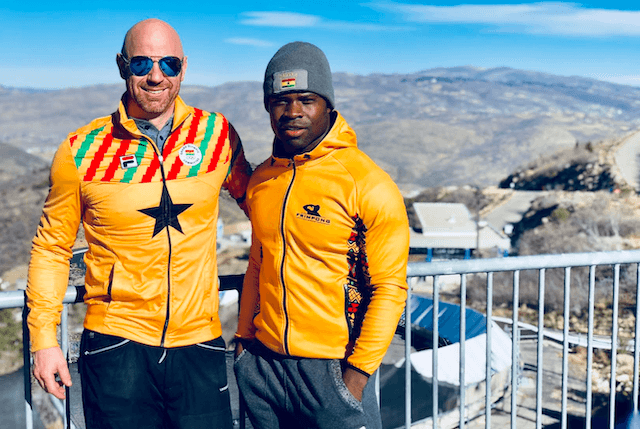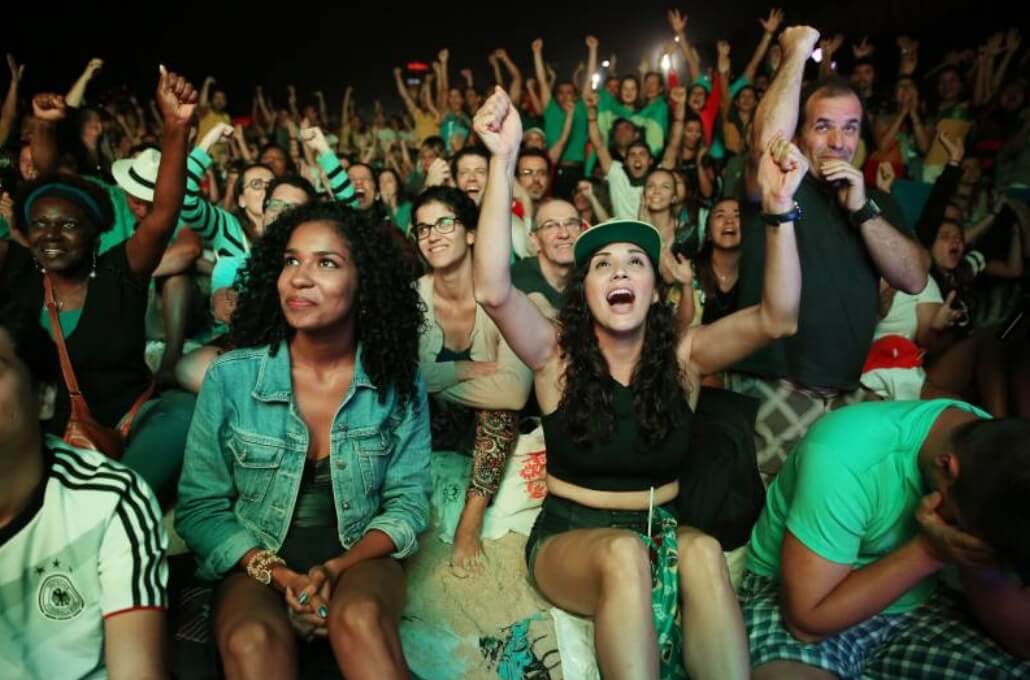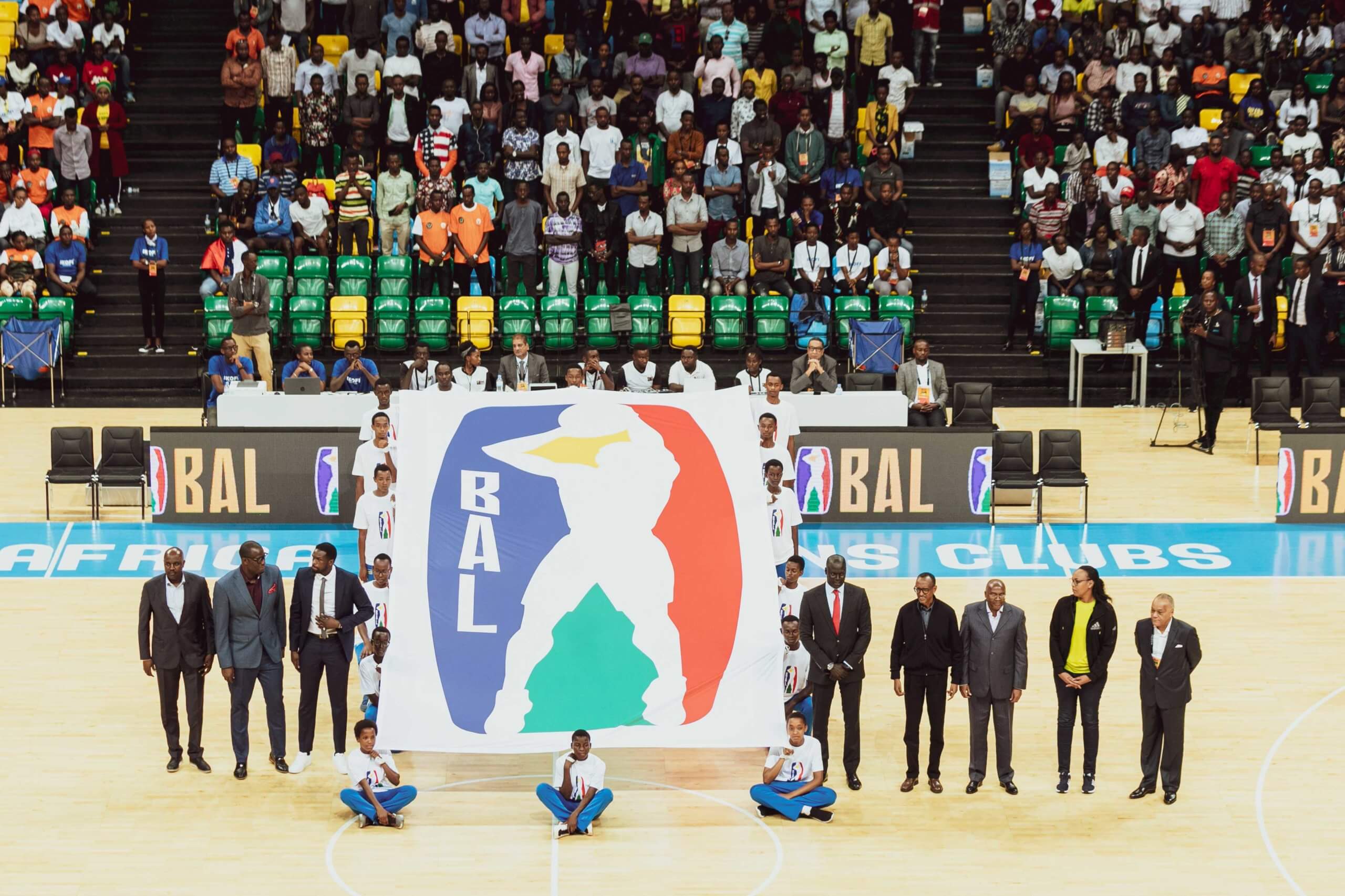Morocco defeats Argentina 2-0 to win historic U-20 World Cup
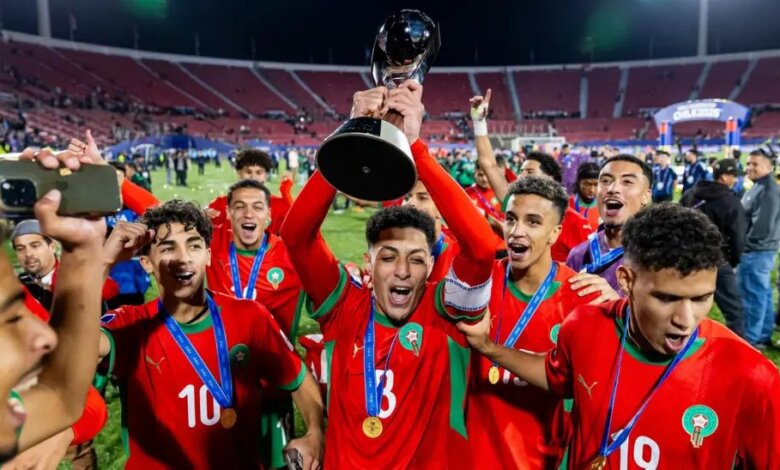
Morocco made history after defeating six-time champions Argentina 2-0 to lift the FIFA Under-20 World Cup, becoming the second African nation, after Ghana in 2009, and the first Arab country to claim the title.
The Atlas Cubs’ stunning triumph in Santiago, Chile, was powered by striker Yassir Zabiri, whose first-half goal sealed victory over one of football’s classic powerhouses. The win triggered celebrations across the kingdom, with thousands flooding the streets waving flags and singing national songs.
Morocco’s path to the title was no easy feat. Making their first U20 World Cup appearance since 2005, the Atlas Cubs topped a difficult group that included Spain, Brazil, and Mexico. Then they beat South Korea 2-1 in the round of 16, overcame the United States 3-1 in the quarterfinals, and edged France 5-4 on penalties after a 1-1 draw in the semi-final.
“It was a sleepless night,” said Moroccan football analyst Jalal Bounouar. “No one went to bed. From the big cities to the smallest villages, people celebrated as if they had just won the senior World Cup.”
The victory was the culmination of nearly two decades of planning and investment, spearheaded by King Mohammed VI and the Royal Moroccan Football Federation (FRMF). “The vision worked,” a federation spokesperson told BBC Sport Africa, noting that the win “shows what focused, long-term investment in youth development can achieve.”
King Mohammed VI, whose name adorns both the national football academy and a state-of-the-art $65 million training complex near Rabat, congratulated the team for their “self-confidence, unity, and talent. This achievement is a source of joy and pride for all Moroccans,” he said in a statement.
Zabiri, who plays for Portuguese top-flight club Famalicão, curled home a brilliant free kick in the 12th minute of the final before volleying in a second from Othmane Maamma’s cross just before the half-hour mark. He finished the tournament as joint-top scorer with five goals, earning the Silver Ball, while Maamma, nicknamed the “Moroccan Cristiano Ronaldo”, was named the best player of the tournament.
The team built on their senior team’s groundbreaking run to the 2022 World Cup semi-finals in Qatar and the U23 side’s bronze medal finish at the 2024 Olympics.
The country’s success has been shaped by long-term vision. In 2008, King Mohammed VI announced plans to use football as a catalyst for social and economic development. The Mohammed VI Football Academy opened a year later, and since then, Morocco has built regional training centers, installed 7,000 amateur pitches, and modernized its coaching systems.
Five players from the U20 final squad are graduates of the academy, which has also produced senior internationals such as Nayef Aguerd, Azzedine Ounahi, and Youssef En-Nesyri.
“The Mohammed VI Academy has been a model for youth football development in Africa,” said Fathi Jamal, FRMF’s director of technical development. “It continues to shape players who combine discipline, skill, and a winning mentality.”
The country’s ambitions extend beyond men’s football. Morocco’s women’s team has finished runners-up in the last two Women’s Africa Cup of Nations tournaments, while the nation is currently hosting the FIFA U17 Women’s World Cup and will continue to do so through 2029.
All this comes as Morocco prepares to host the 2025 Africa Cup of Nations and co-host the 2030 FIFA World Cup alongside Spain and Portugal, with $5 billion reportedly invested in infrastructure and stadium upgrades.
According to BBC Sport Africa, members of the victorious U20 team have been urged to aim for senior squad spots at the 2030 World Cup. Bounouar believes some, like Zabiri, Maamma, and center-back Ismail Baouf, are ready to make that leap.
“These boys represent Morocco’s future,” he said. “What we’re seeing now is the beginning of a golden era for Moroccan football.”
Written by Kweku Sampson

This article is published by either a staff writer, an intern, or an editor of TheAfricanDream.net, based on editorial discretion.

